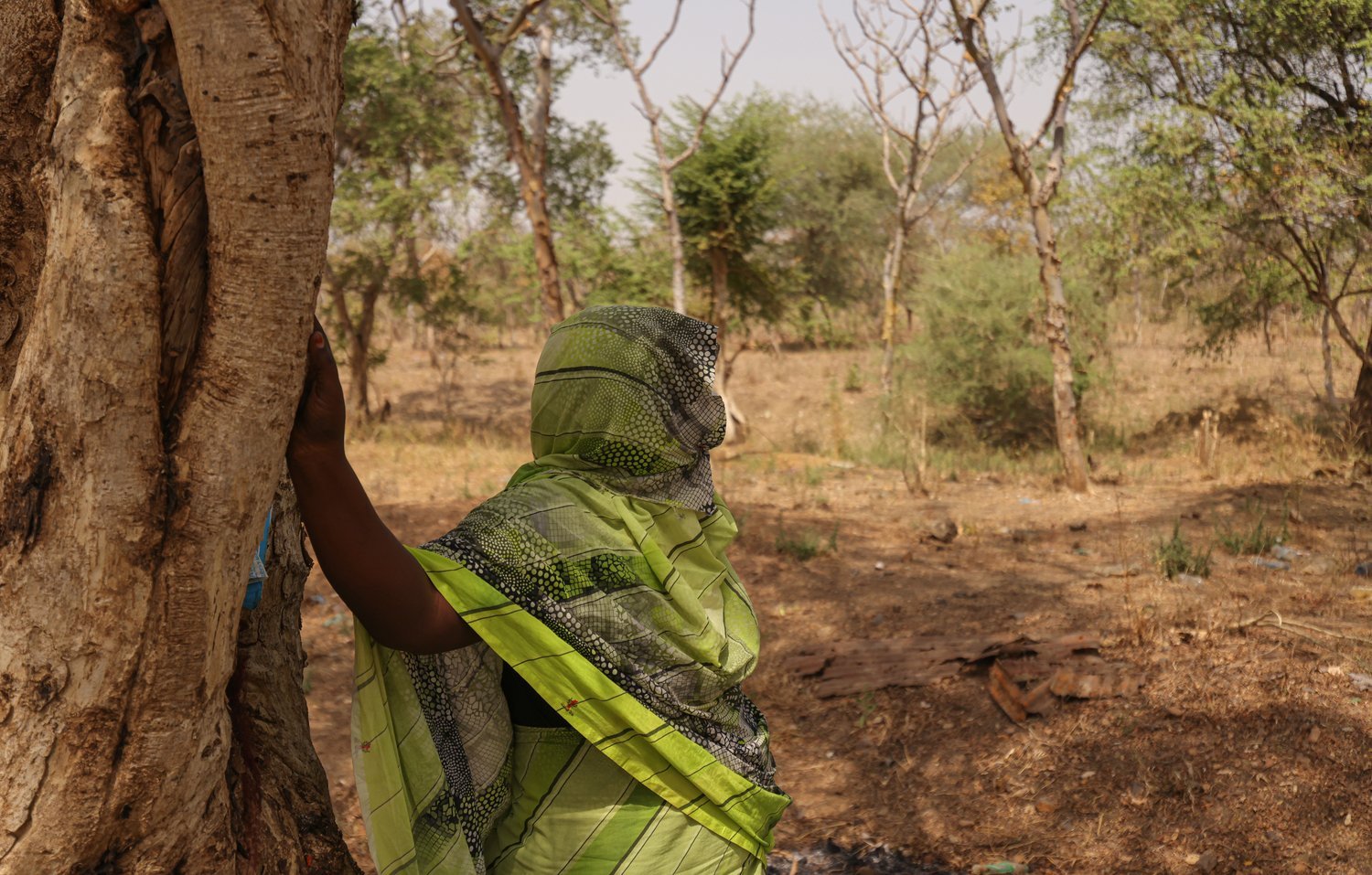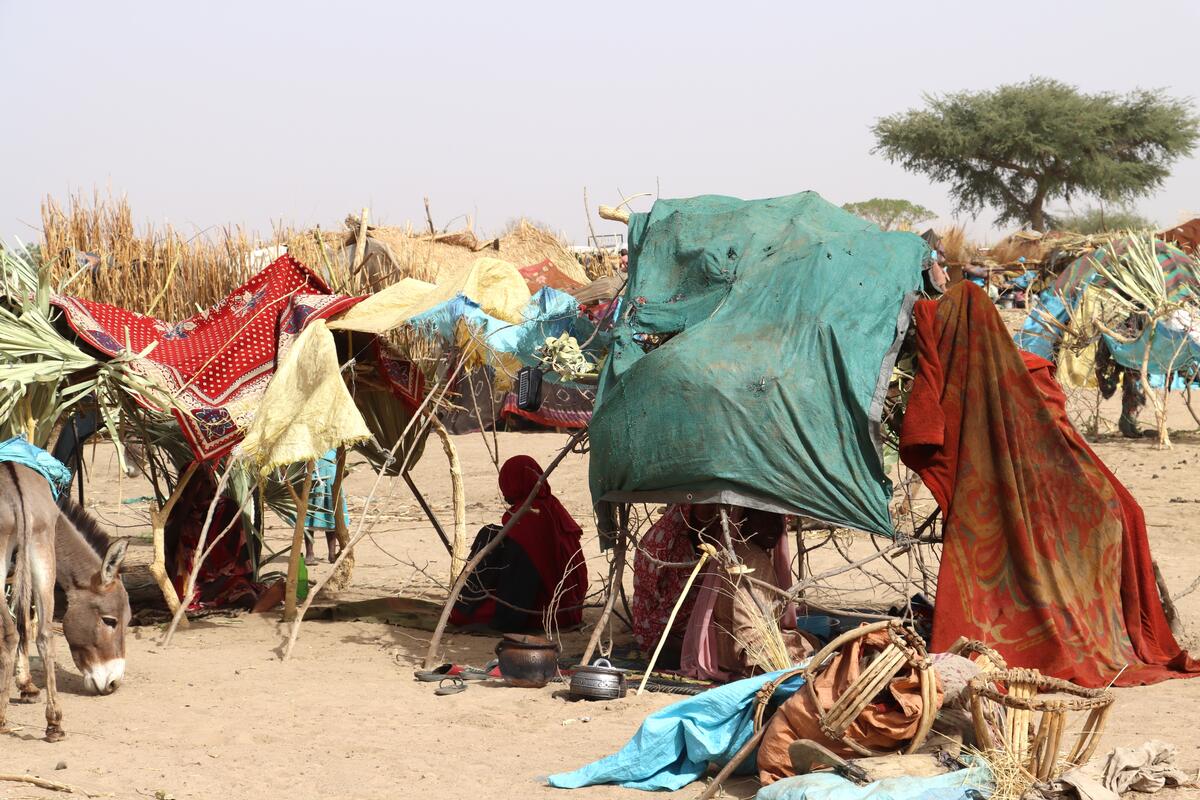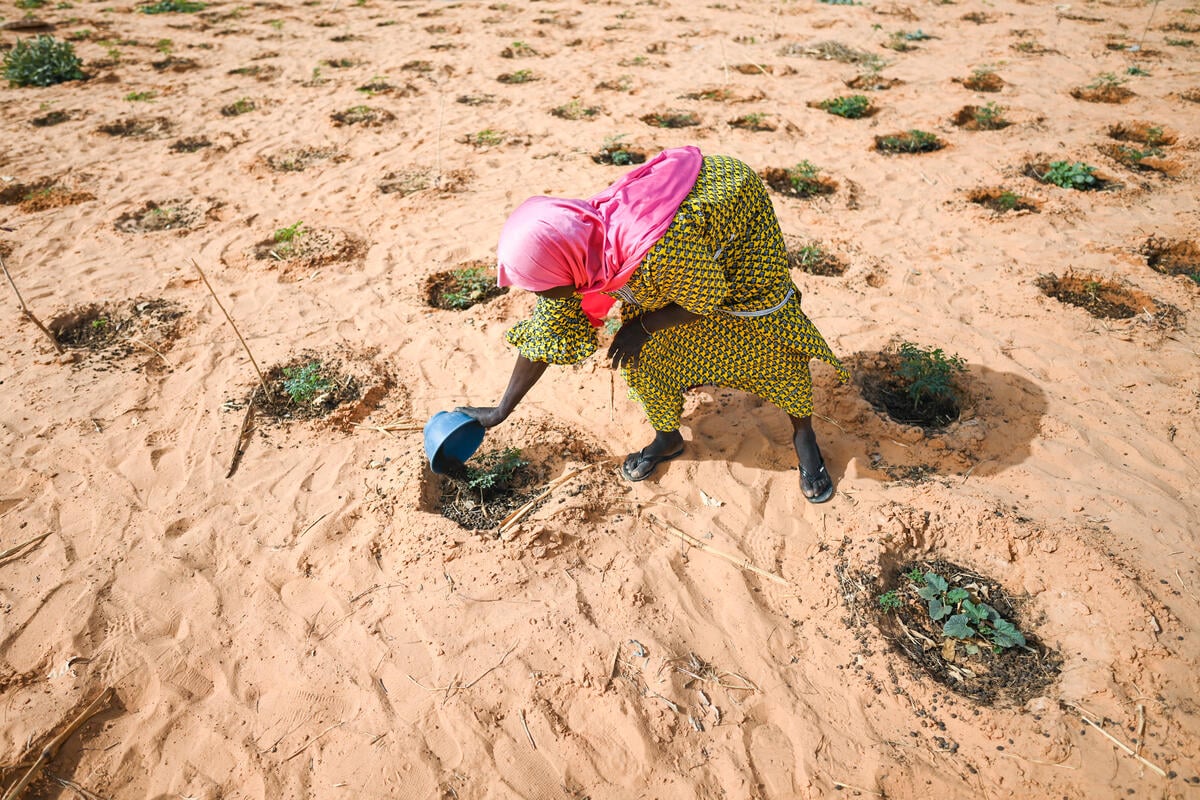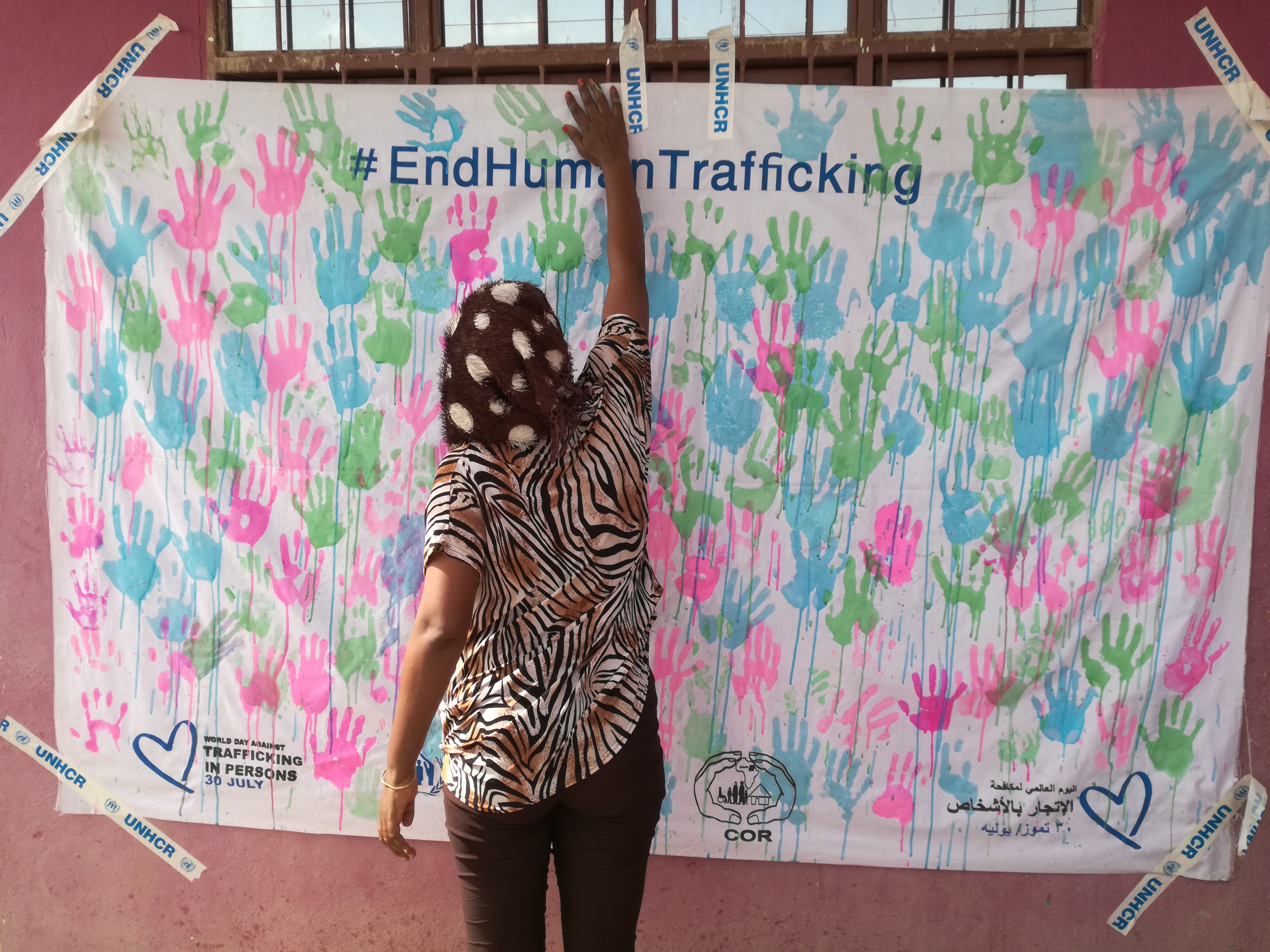Chad: situation remains volatile, relocation continues
Chad: situation remains volatile, relocation continues
The situation in eastern Chad remains extremely volatile, with ongoing military movements as well as inter-communal tensions. We are working to ensure the basic needs of refugees such as water, food and primary health services are met while we continue the relocation of staff from the three northern locations of Bahai, Iriba and Guéréda to the main eastern town of Abéché or the Chadian capital N'Djamena. We are keeping skeleton teams in place in these locations, where 110,000 refugees live in six camps.
Most staff have been relocated from the northern areas to Abéché with some 100 humanitarian workers still waiting to be relocated from Guéréda. In total, more than 400 international and local humanitarian staff have been relocated from eastern regions since November 26.
In the north, contingency plans are in place so the six refugee camps can be autonomous for a month. Refugee committees will take on responsibilities in certain sectors such as water and sanitation, food distribution and health as well as maintaining basic services in the camps. Refugees have been trained by UNHCR and its partners in the past months to take on these tasks. Food distributions have already taken place in Bahai and Guéréda and are scheduled to be completed today in Iriba. Refugees have responded quickly to help run the camps but are concerned about the deteriorating security situation.
On Wednesday, 13 armed men raided the market, also used by the local population, in Kounoungo refugee camp near Guéréda. There was an exchange of fire with the gendarmes responsible for camp security. One local person was wounded.
The situation also remains precarious in south-eastern Chad around Goz Beida and Koukou and along the border with Sudan with regular reports of inter-communal tensions, attacks on refugees and displaced Chadians, villages being re-attacked, cattle theft and intrusions of cattle herds on cultivated fields.
Refugees in Goz Amir camp situated in this area fear for their security and report that refugees who go to harvest their fields - allocated by the local authorities - have frequently been threatened by armed men in military uniforms.
Attacks on local villages have also reportedly restarted in the Kerfi area. An attack recently took place on Agourtoulou village which was reportedly burned and fields destroyed by the attacker's cattle. Five inhabitants were reported killed and three people wounded. Survivors started to flee towards Kerfi and Amtiman. Humanitarian agencies recorded the arrival of an estimated 100 people from Agourtoulou in Goz Beida last Sunday.
In Goz Beida, humanitarian agencies have completed food and non-food distribution to the estimated 7,000 displaced Chadians who fled after attacks on their villages in November. Distribution was also completed for 7,000 displaced Chadians in Habile site near Koukou Angarana. Some 400 people arrived in the past days from Ade and temporarily settled on the road from Karo, north of Goz Beida. The group is part of a 15,000-20,000 displaced people who had found refuge in Ade after their villages near Koloy were attacked earlier this year and most recently in November. They said they left Ade fearing attacks from Arab tribes.
There are 220,000 refugees in 12 camps in eastern Chad as well as 90,000 internally displaced people. Chad is also hosting 46,000 refugees from the Central African Republic in the south of the country.









